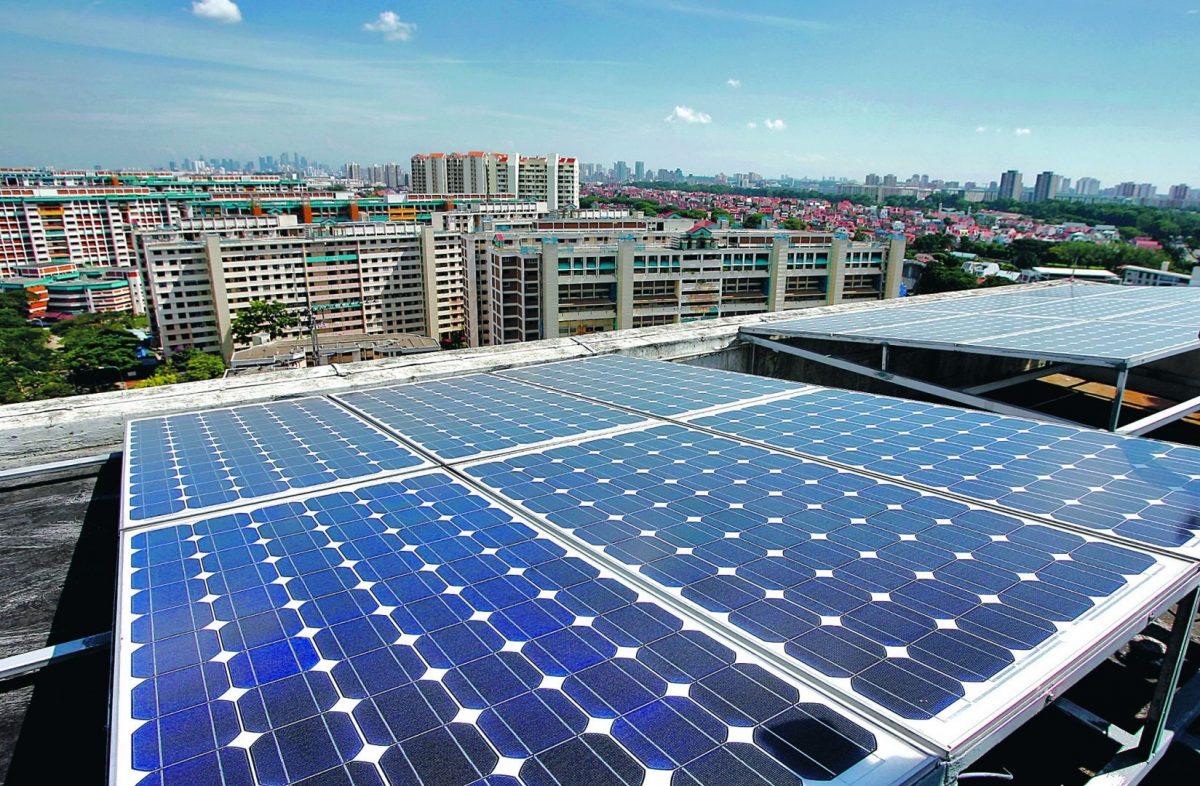A recent report published by the World Resource Institute has identified three ways to deal with the growing problem of providing reliable, clean and affordable energy in fast-developing cities.
Millions of residents in some of the fastest growing cities in the world do not have access to clean, reliable energy, and the challenge of reaching them grows as populations do too.
By 2050, two-thirds of the world’s urban population will live in cities, with the majority to be found in the urban areas of Africa and Asia.
With limited access to clean energy, the situation for many cities is challenging, with fossil fuels increasingly seen as the most expensive and least attractive option.
To help reduce the carbon footprint of expanding cities, the World Resource Institute has highlighted three long-term solutions.
Shifting to cleaner cooking
The traditional cooking techniques still employed in many Asian and African cities are a greate cause of pollution, found the report, which suggests that shifting to modern techniques would have a positive effect. The report mentions the case of Brazil, where in the 1960s 20% of households had access to LPG or natural gas. But developing a strong national policy for production and distribution of LPG and natural gas, now 100% of the population to LPG.
In India, too, an LPG subsidy exists, which has served to oust older cooking traditions and techniques involving the burning of wood or charcoal.
Scaling up distributed renewable energy
The traditional 19th century approach of electrification relying on grid bridge networks will not satisfy the ever-increasing demands and fill energy voids, the report added. Distributed networks like rooftop solar arrays will provide all that is needed and offer affordability, reliability and productivity to underdeveloped areas of the world.
The report highlights how Delhi is paving the way for this transition. The Indian megacity began its net metering policy in 2014, and under this homeowners can either own a solar power system or lease their roof space to project developers. Roof owners can also pay a monthly lease rent to have a solar PV system put up by project developers.
The electricity generated by such systems will fulfil the demands of energy and where the excess generation can be fed back to the grid.
There is also a ‘rent a roof’ policy in Gujarat in which residents give their rooftops to private solar energy companies that pay them around INR 3 for every unit of energy produced.
The report also praises the DG policies of Cape Town and Bengaluru, both of which have taken bold steps to reduce their global greenhouse gas emissions. Pay as you Go (PAYG) policies implemented in many sub Saharan communities were also praised.
Increasing energy efficiency of building appliances
Small modifications in residential and commercial building codes can also generate large amount of energy savings, said the report because residential and commercial buildings are collectively the largest consumers of energy. Some Global South countries have demonstrated the positive effects of increasing energy efficiency. The report singled out Ghana for its enactment of the air conditioner appliance standard in 2000, highlighting how the country will save around $775 million by 2020.
To realize the full potential of these cities, strong and stable policies have to be implemented, while to achieve energy access for all, alternative solutions have to be continuously created.
This content is protected by copyright and may not be reused. If you want to cooperate with us and would like to reuse some of our content, please contact: editors@pv-magazine.com.








By submitting this form you agree to pv magazine using your data for the purposes of publishing your comment.
Your personal data will only be disclosed or otherwise transmitted to third parties for the purposes of spam filtering or if this is necessary for technical maintenance of the website. Any other transfer to third parties will not take place unless this is justified on the basis of applicable data protection regulations or if pv magazine is legally obliged to do so.
You may revoke this consent at any time with effect for the future, in which case your personal data will be deleted immediately. Otherwise, your data will be deleted if pv magazine has processed your request or the purpose of data storage is fulfilled.
Further information on data privacy can be found in our Data Protection Policy.